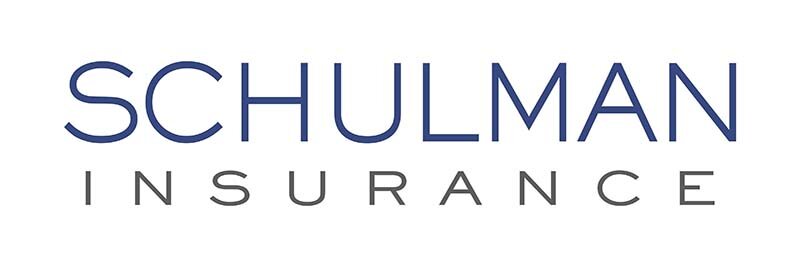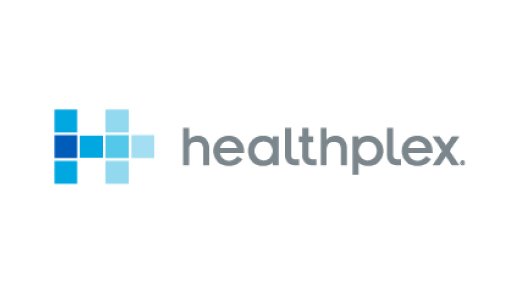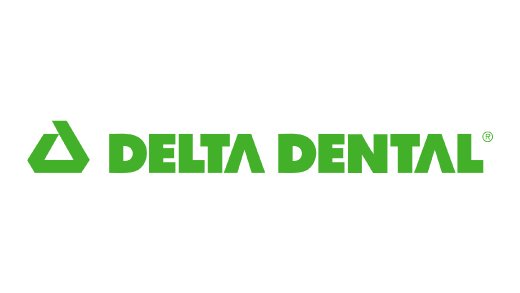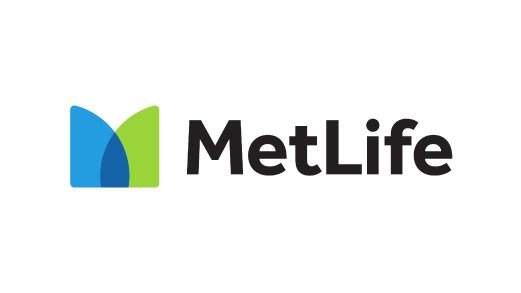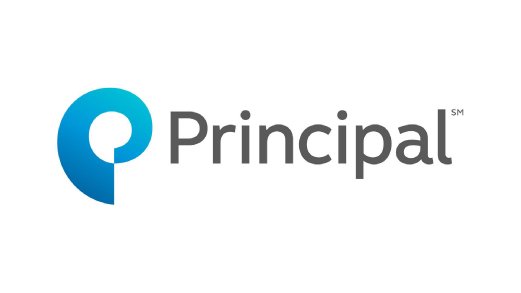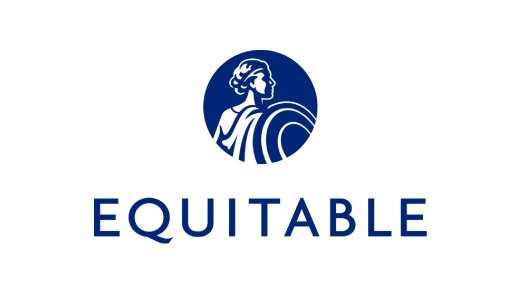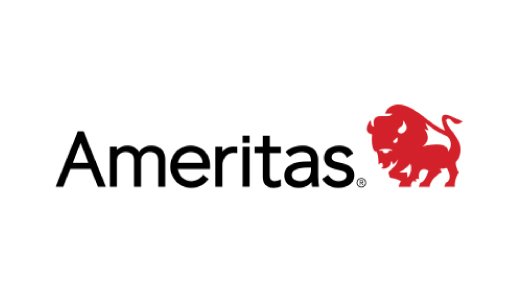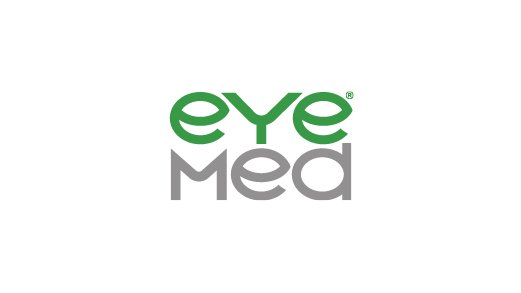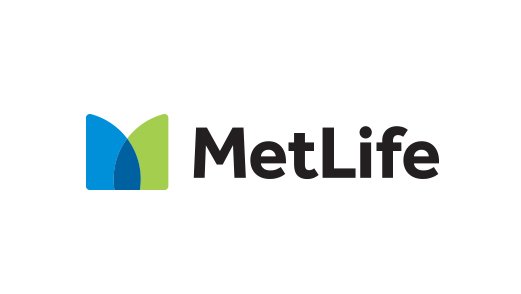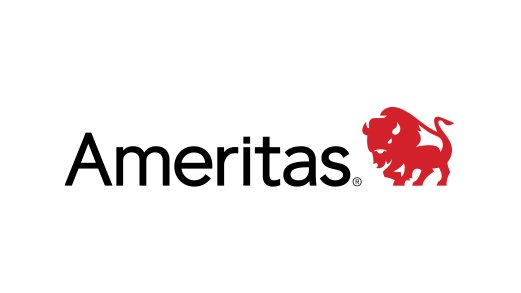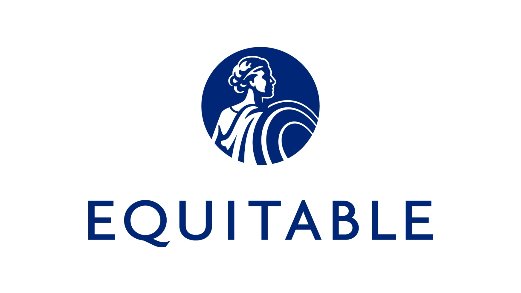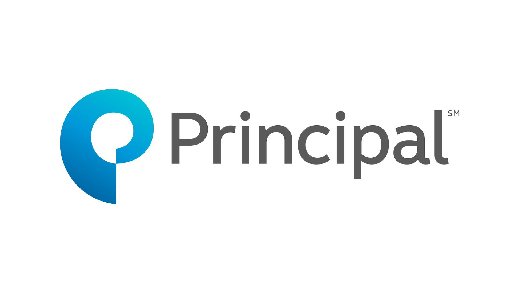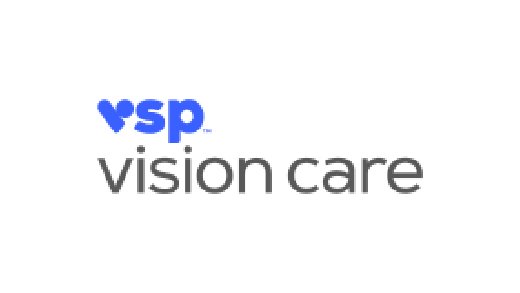Dental and vision insurance benefits are a key part of any comprehensive employee benefits package. Keeping up with routine dental and vision care are important factors in one’s overall health and well-being, so employers frequently offer dental and vision benefits as a standard practice alongside medical coverage.
Enrolling in your company’s group dental and vision benefits tends to be relatively affordable, since employer plans have discounted group rates.
Dental Insurance
Dental insurance typically includes coverage for services in three main categories: Preventive, Basic, and Major. Preventive care is often covered in full, especially if the member stays within the insurance network. Covered services include routine check-ups, cleanings, and x-rays. These benefits are considered preventive because maintaining oral health using these services should prevent more serious dental issues in the future.
The next level of benefits is called Basic care. Basic care includes treatments for many common dental issues and is usually covered with a relatively low cost share, such as 20%. These treatments include fillings, tooth extractions, and root canals. The insurance carrier would pay for 80% of the allowed amount, and the insured would pay the other 20%. Often, dental plans include a small deductible that must be paid first.
The highest and most costly level of benefits is called Major care. Major services are dental work that is considered more extensive, expensive, or complex. These services include dentures, bridges, crowns, and implants.
Major care is usually covered at a higher cost share - such as 50% - where the insurance carrier pays half of the allowed amount and the insured pays the other half. Major care is also subject to the plan deductible if it has not already been met during that year.
Finally, some but not all dental plans include coverage for orthodontic services. This would include braces or Invisalign. More commonly, if orthodontic care is included in the plan benefits, it is for children only, but some plans do cover orthodontics for adults as well.
Dental plans have annual maximums that differ from the maximums on medical plans. For a dental plan, the annual maximum is the most that the insurance carrier will pay out towards benefits in the calendar year. If you need services and the cost exceeds this amount, you would be responsible to cover these yourself.
This annual maximum resets each year, and some plans even include a rollover provision, whereby you can bank some of the annual maximum from a prior year if you have not used it. As with medical plans, it is always advised to use a dentist that is in your plan’s designated network in order to have the insurance carrier pay the maximum allowed and to keep your personal cost at the lowest level. Many dental plans do include reimbursement for out-of-network services, but individuals must keep in mind that an out-of-network dentist is not prohibited from balance billing above the amount the insurance deems reasonable.
Vision Insurance
Vision insurance provides coverage for routine preventive eye care, as well as treatment of existing visual issues. It also provides coverage for glasses and contact lenses. Some plans offer discounts for corrective surgery such as LASIK. Most importantly, routine vision exams are considered a way to catch potential eye issues before they become more serious.
Vision insurance, like dental and medical insurance, utilizes a preferred network of participating providers. Individuals will generally pay less for care when going to a doctor or facility in their plan’s network. However, many vision plans also provide some reimbursement for out-of-network services, such as for the purchase of glasses or contact lenses from a non-participating provider.
There are many advantages to vision insurance, including the ability to undergo routine exams at little or no cost. Regular exams allow doctors to discover potential ocular health issues in their early stages, when they can be more effectively treated, and are less likely to cause permanent issues for the patient. They enable individuals to be aware of the state of their visual health, and whether they may be able to obtain an improved quality of life by using corrective lenses.
Schulman Insurance has the expertise and knowledge to negotiate favorable rates and deliver uniquely tailored plan options. Our team has established strong carrier connections with all major dental and vision insurance carriers. Let the Schulman team be your guide through navigating these important benefit options for you and your employees.
